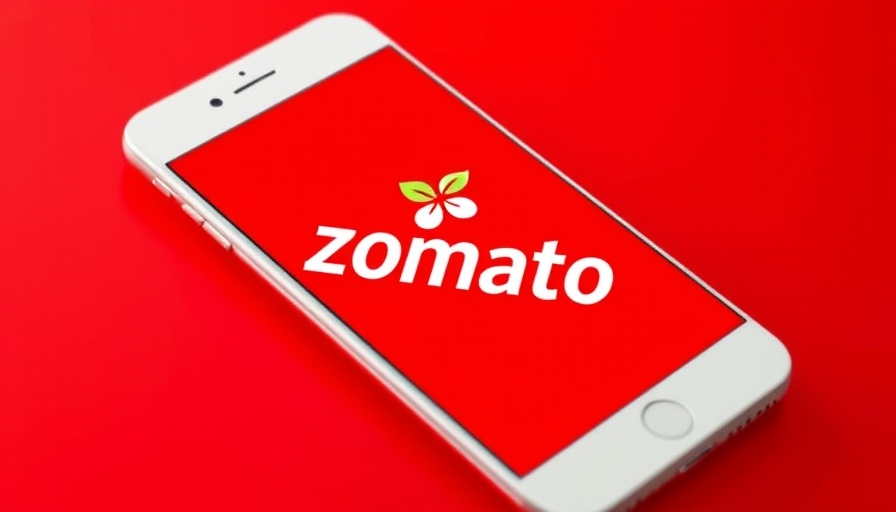
Zomato’s Shift Toward AI: A Controversial Move
In a striking move reflecting the evolving nature of the workforce, Zomato, a prominent Indian food delivery service, has announced the layoff of 600 customer support associates amid the adoption of its innovative AI tool, Nugget. This decision comes after the recent implementation of AI technology designed to streamline operations and enhance customer interaction. With the ability to manage up to 15 million queries monthly, Nugget claims to tackle 80% of customer issues autonomously, raising concerns about the human element in customer service.
The Human Cost of Automation
As Zomato embraces AI, the fallout has left many employees reeling. Launched just a year ago as part of an initiative to hire 1,500 customer support workers, the Zomato Associate Accelerator Program (ZAAP) was intended to offer promising career pathways. However, the abrupt layoffs have extinguished those aspirations for many. Workers in major cities like Gurugram and Hyderabad were reportedly asked to resign without the courtesy of a formal announcement, shrouding the process in secrecy and anxiety.
Inside the Work Environment: Personal Stories
Current employees underscored the tense atmosphere following these layoffs. One associate shared, "A majority of employees hired under Zomato’s ZAAP programme last year have been let go over the last week or so without any clear explanation." The human aspect of this transition is often overlooked, yet it’s pivotal to understand the impact on individual lives and families. These stories reveal genuine distress and uncertainty as workers confront unsteady job prospects.
Prevailing Economic Climate: A Cautionary Tale
These layoffs are not an isolated incident for Zomato. Just a year prior, the company downsized its team by close to 4%, impacting various departments including marketing and tech. Such patterns align with broader trends in the job market, particularly in tech and service industries where automation and AI are rapidly becoming prevalent. Businesses are faced with the dilemma of balancing efficiency with employee welfare, a challenge that will only intensify as technology evolves.
Future Implications for the Workforce
The integration of AI in businesses like Zomato presents a double-edged sword. While it has the potential to increase efficiency, it's also creating a workforce ripple effect that cannot be ignored. For jobseekers and those currently employed at companies embracing such technologies, the need to upskill has never been more crucial. Insights from various economic studies suggest that workers who adapt and reskill in line with technological advancements are likely to fare better.
Taking Action: A Call for Community Support
As the landscape of work continues to shift, it's valuable for local communities to engage and support those impacted by automation-related job cuts. This could mean established organizations offering retraining programs, local governments creating job transition initiatives, or even grassroots groups forming to provide emotional support and advocacy for laid-off workers.
Conclusion: Embracing Change with Compassion
The recent layoffs at Zomato highlight a critical juncture in the intersection of technology and employment. As we reflect on these changes, it’s essential to remember the human stories behind the headlines. Building a resilient community that offers support and understanding can help ease the transition into an AI-dominated workforce. In navigating these turbulent waters, let us not lose sight of empathy and the enduring spirit of human connection.
 Add Row
Add Row  Add
Add 




 Add Row
Add Row  Add
Add 

Write A Comment